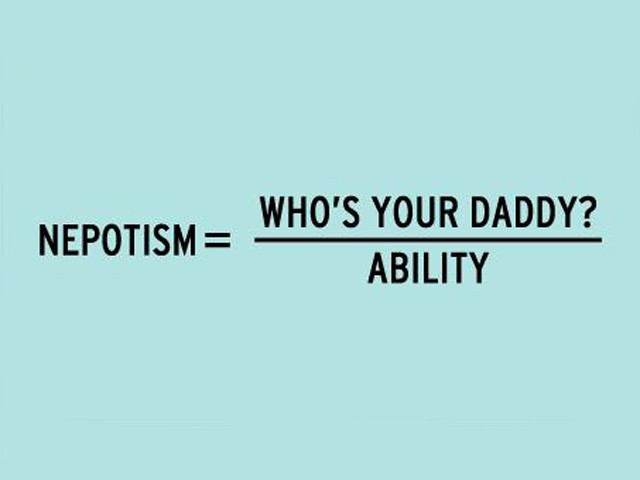It seems that in the professional world, it’s all about who you know, not what you know. And for fresh graduates like myself, that is indeed quite demotivating. My friends and acquaintances will start with the:
“my dad knows the head of HR at company XYZ so I’m going to be starting there from next month.”
And i’ll wonder what relevance a social sciences degree will have in the finance department. Aah, but there is relevance. It lies in having contacts.
This phenomenon has served to destroy the concept of getting to where you are because of what you are, to the point that you need a contact, even if you want to make sure that someone takes the time to give your resume a cursory glance.
We keep complaining about the job market being bad. Is it really bad or is it bad just for those people who happen to be unfortunate enough not to be acquainted with an influential key person in a good organisation?
If organisations continue to prefer hiring employees with internal references, contrary to hiring those who might be a better fit, then they might, in the long term, be harming their own productivity. Also, what motivation would current student and potential employees have for wanting to excel and be innovative if they they’ll be stuck in a rut because of the kind of social circle they have access to?
This practice might very well end up having negative effects on the economy as a whole, because a labour force lacking incentive would not be giving anything its best shot.
I think that employees need to be more rational and impartial when deciding who to hire; for the sake of their own organisation if nothing else.



COMMENTS
Comments are moderated and generally will be posted if they are on-topic and not abusive.
For more information, please see our Comments FAQ